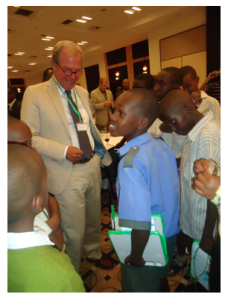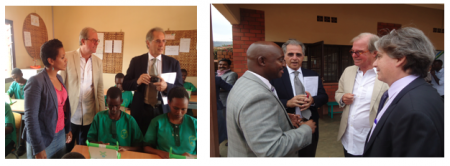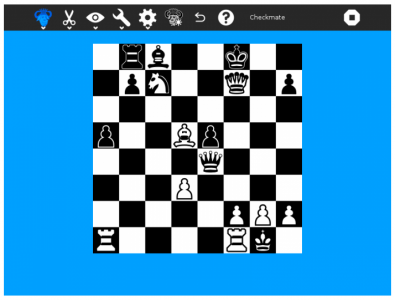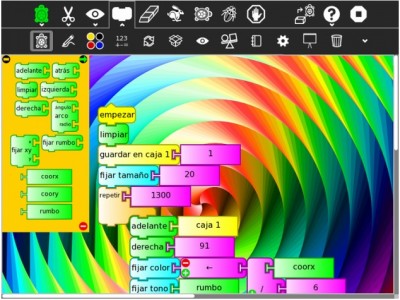Dra. Eleonora Badilla-Saxe
eleonora.badillasaxe@gmail.com
Enseñar: una ilusión
Quienes nos dedicamos a la educación a veces tenemos la ilusión de que nuestros estudiantes aprenden los contenidos que están incluidos en los planes de estudio y que yo les enseño.
Pero en esta ilusión se esconden tres falacias:
• La primera es que, si los estudiantes no aprenden los contenidos prescritos en los planes de estudio, no aprendieron nada.
• La segunda es que, si aprenden los contenidos prescritos en los planes de estudio, aprendieron solamente eso.
• La tercera, que si yo lo enseño, otras personas lo aprenden.
¡Qué desilusión! Si despejo estas tres falacias, resulta que puede ser que lo que yo enseñe, nadie lo aprende, y que aunque nadie aprenda lo que dice el plan de estudios, siempre habrá un aprendizaje. Es decir que aprendan o no lo que está prescrito en el plan de estudios, hay otros aprendizajes riquÃsimos que yo no percibo por estar tan concentrada en enseñar y evaluar lo que prescribe el plan de estudios.
Aprender: un fenómeno emergente
A partir de la propuesta del Pensamiento Complejo de Edgar Morin, la emergencia o lo emergente ha cobrado relevancia para diversos autores y en distintas áreas. Lo emergente es una respuesta o reacción inesperada, no anticipada, que se da como resultado de la interacción de las partes de un todo.
Aceptamos que el aprendizaje es un fenómeno emergente que surge de la interacción entre diversos procesos neuronales, corporales, afectivos y del entorno, y no puede reducirse a ninguno de los componentes que participan en los procesos. En ese contexto, debemos entender y aceptar que la mayorÃa de los aprendizajes son inesperados, muchos de ellos imposibles de predecir y que los contenidos de esos aprendizajes son simples y complejos, pero que los complejos no son meros agregados a los primeros.
La aspiración
Resulta entonces que mi aspiración como docente, más que enseñar y evaluar los contenidos prescritos en los planes de estudio, deberÃa estar en identificar y valorar los aprendizajes inesperados e impredecibles que surgen de la interacción de las mentes, las personas, los medios y el entorno.
Un ejemplo *1
Entre los años 2005 y 2008 realicé con mis estudiantes de Educación de la Universidad de Costa Rica, una experiencia con niños y niñas preescolares quienes diseñaron un micromundo en su aula, y dentro de este, una criatura que podÃa ser programada con un comportamiento particular. *2
Mis estudiantes, muy pendientes del plan de estudios oficial para el nivel de preescolar, pudieron constatar que las actividades propuestas les permitieron a los niños y niñas manifestar conocimiento sobre los contenidos previstos en dicho plan: relaciones espaciales, colores, formas geométricas…
Yo me asombraba con el aprendizaje emergente que construÃan aquellos pequeños y que, por inesperado e impredecible, pasaba desapercibido para las docentes investigadoras.
Al llamar la atención de las investigadoras y solicitar ayuda de otras personas observadoras, pudimos constatar que, además de los contenidos prescritos en el plan de estudios de preescolar, los niños y niñas estaban estableciendo el conocimiento básico que les permitirá construir conocimiento sobre:
- Fuerza y movimiento
- Desplazamiento
- Potencia
- Fricción
- Diferencia entre fuerza y velocidad
- EnergÃa potencial y energÃa cinética
¡Antes de los 6 años! Contenidos no incluidos en el Plan de Estudios de Preescolar. Aprendizaje inesperado, impredecible. Sin que nadie lo enseñara.
La labor docente cada vez se vuelve más interesante y desafiante.
*1 Ver experiencia completa en http://revista.inie.ucr.ac.cr/index.php/aie/article/view/241/240
*2 Etapa básica de “robóticaâ€





